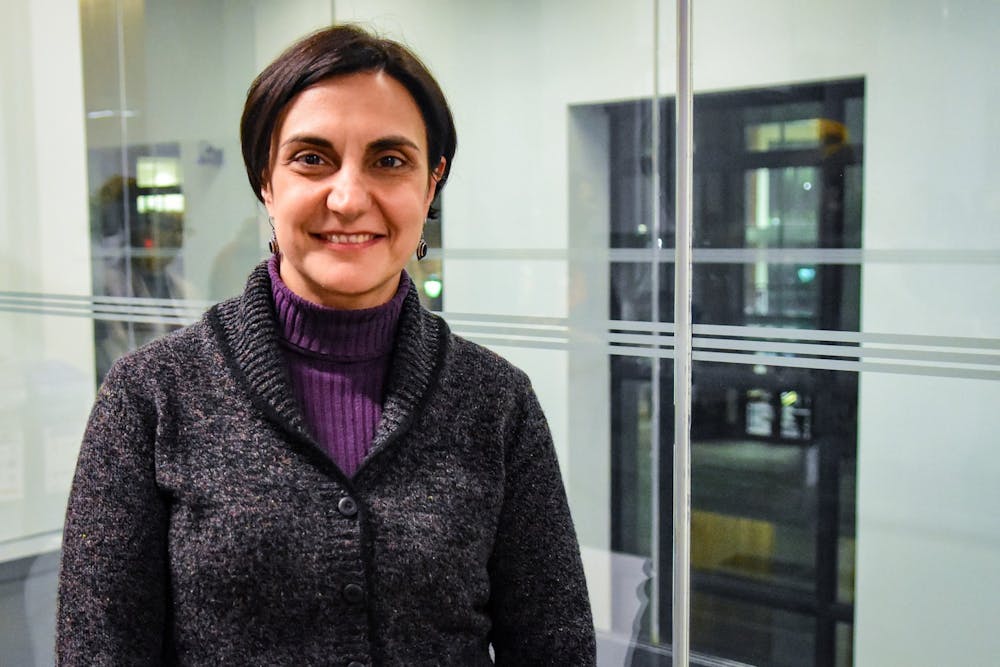
The Latin American and Latinx Studies Program will become the Center for Latin American and Latinx Studies on July 1, aiming to provide students in the LALS program with more professional and academic opportunities.
The Center for Latin American and Latinx Studies will house a new postdoctoral program and provide funding for research projects and internships. Professor of Political Science Tulia Falleti will be the director of the Center.
“Our interdisciplinary center will strive to support and provide the human and intellectual talent capable of addressing the most pressing challenges and opportunities faced by Latin America and the Latinx populations during the 21st century,” Falleti told the School of Arts and Sciences in April.
Falleti said she and professor of Sociology Emilio Parrado developed the idea for the Center in February 2020. While many departments faced budget cuts during the start of the pandemic, budget cuts had no impact on their plans to expand the Latin American and Latinx Studies Program, Falleti said.
The LALS program recently received more physical space on campus after the McNeil building was renovated, Falleti said, adding that there are currently no plans to renovate spaces on campus for the Center.
The Postdoctoral Fellowship on Dispossessions of Territory and Bodies among Latin American and Latinx Communities, the Center’s new postdoctoral program, will provide research opportunities to train fellows who have already earned doctorate degrees. The chosen postdoctoral fellow will begin their appointment on July 1 and will be responsible for teaching one undergraduate LALS course.
The Center plans to award larger research grants to graduate students and faculty members and increase funding for undergraduate research programs, Falleti said. The Center will allow faculty members affiliated with LALS to collaborate on interdisciplinary projects and work with both graduate and undergraduate students.
Previous grants for graduate student research projects ranged from $250 to $1000, Falleti noted, adding that the Center aims to award larger grants to allow students and faculty to travel for their research projects.
“LALS has a major and a minor, holds internal and external speaker series, and hosts events coordinated by our advisory board,” she said. “Now the biggest difference with the new Center is that we can give greater support to research activities.”
The Center also plans to hire a new visiting scholar for spring 2022, hold more LALS events, and subsidize internship opportunities in Latin America for undergraduate students.
Rising College senior Nikole Bonillas, a LALS major and a member of the LALS undergraduate Advisory Board, said she hopes that the increased funding for the Center will allow the LALS Program to expand to other academic disciplines, noting that she hopes to apply for grants to complete a research project relating to health care.
“Right now a lot of our classes are cross-listed with history, music, [political science], Spanish, and Portuguese, but not so many in STEM,” Bonillas said. “Hopefully we’ll get the chance to get students from different disciplines even more involved.”
The Daily Pennsylvanian is an independent, student-run newspaper. Please consider making a donation to support the coverage that shapes the University. Your generosity ensures a future of strong journalism at Penn.
Donate







